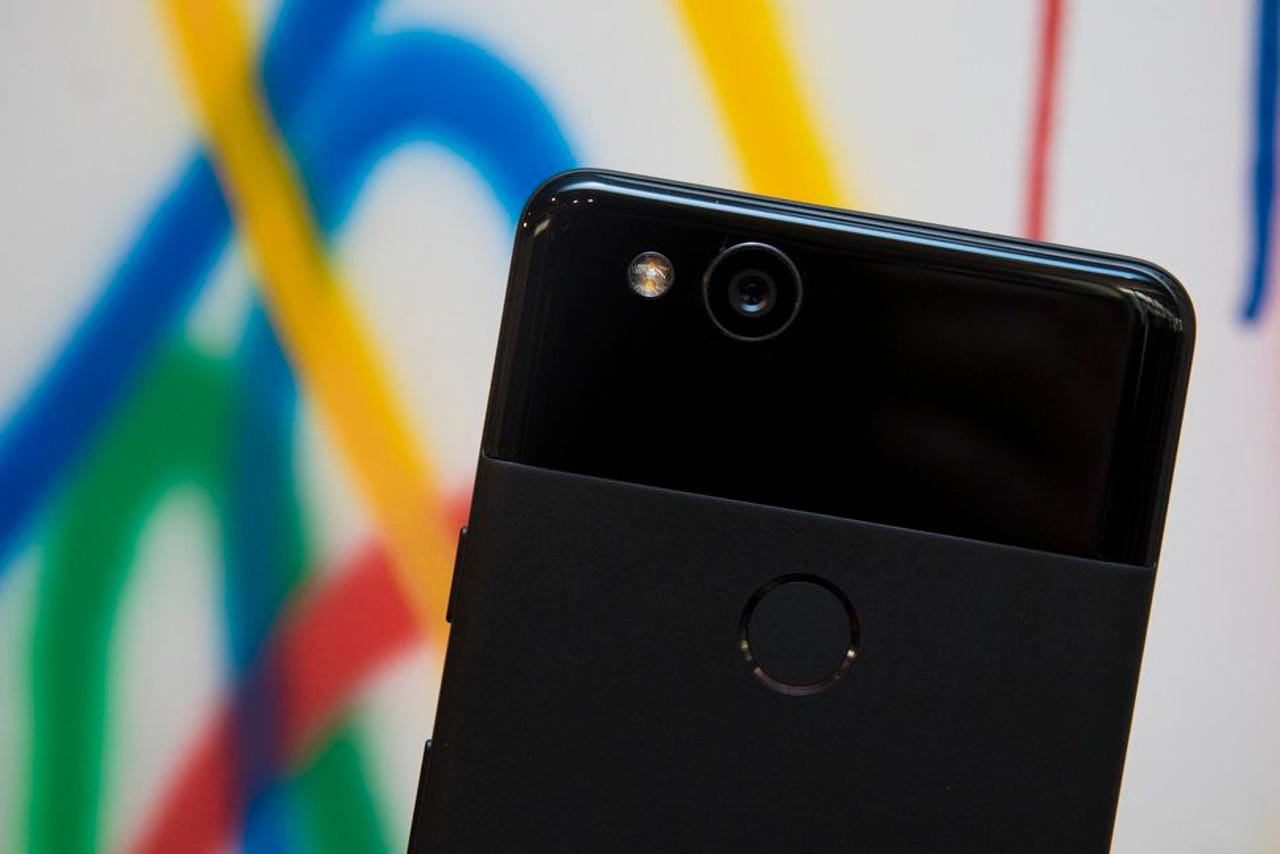Google's Pixel 2 has a secret chip which will make your photos better


Google has revealed that its Pixel 2's HDR+ camera is getting a performance lift from its first ever custom-designed processor for a consumer product called the Pixel Visual Core, which is dedicated to processing images.
The Pixel 2 already outranks the iPhone 8 Plus in the smartphone camera stakes, but it could get even better in "coming months" as Google switches on Pixel Visual Core through a software update.
The to-be enabled eight-core chip will enhance Google's photo apps and eventually will allow third-party photography apps to take HDR+ quality images.
The chip also makes Google's machine-learning enhanced HDR+ run five times faster and at a tenth of energy compared to running these operations on the main application processor. On the Nexus 6 using HDR+, which averages multiple shots, took up to one second. The new chip will mean faster HDR+ shots, better battery performance, and clearer images in low light and high dynamic range (HDR) scenes.
It's not clear why Google didn't mention Pixel Visual Core at the October 4 launch, but the roll out will gradually take place after it becomes an option in a forthcoming developer preview of Android Oreo 8.1. Initially the only app that will be able to use it is the HDR+ feature in Google's camera app, and after that it will open up to third-party photography apps through the Android Camera API.
With its own custom image processing unit (IPU), Google can lay claim to what has been until now been an exclusive differentiator of the iPhone.
"A key ingredient to the IPU's efficiency is the tight coupling of hardware and software--our software controls many more details of the hardware than in a typical processor," Google explains.
"Handing more control to the software makes the hardware simpler and more efficient, but it also makes the IPU challenging to program using traditional programming languages. To avoid this, the IPU leverages domain-specific languages that ease the burden on both developers and the compiler: Halide for image processing and TensorFlow for machine learning. A custom Google-made compiler optimizes the code for the underlying hardware."